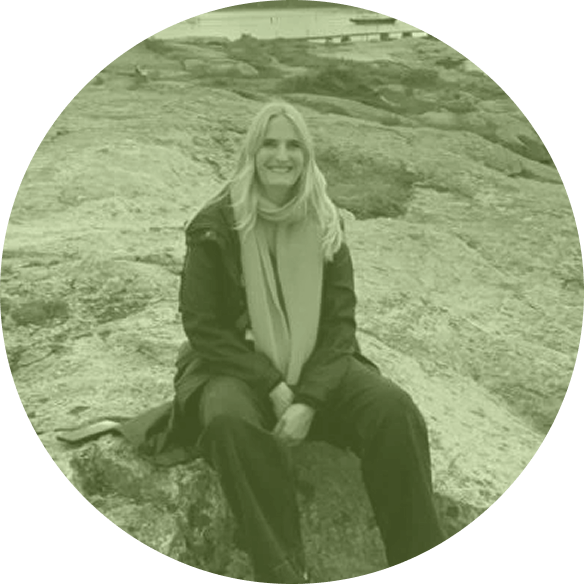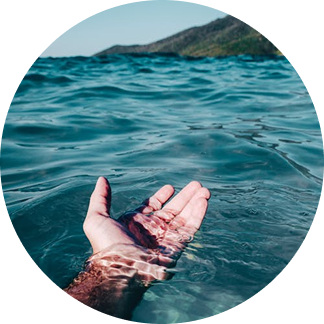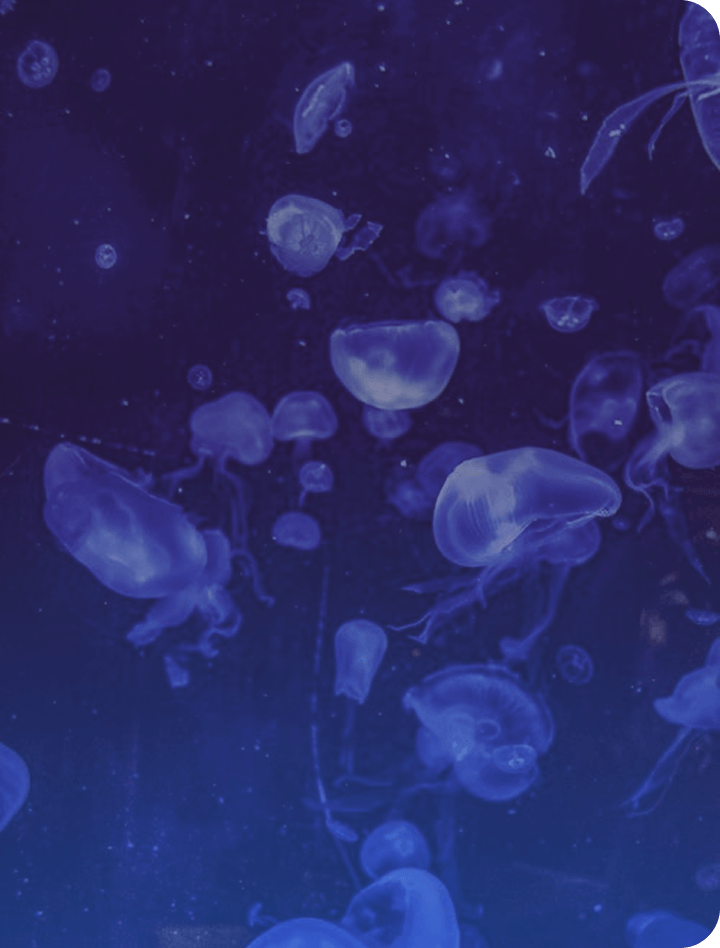Black Ocean Citizens
Amplifying Black and Brown Voices in Ocean Science
Black Ocean Citizens (BLOC) is a nonprofit that breaks down systemic barriers in marine and fisheries sciences. We amplify underrepresented voices, create opportunities for young people and bring justice, equity and representation to the future of our oceans.
Friends and Changemakers
-

-
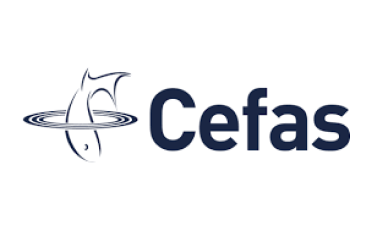
-

New List Item
Description goes here -

New List Item
Description goes here -

New List Item
Description goes here -
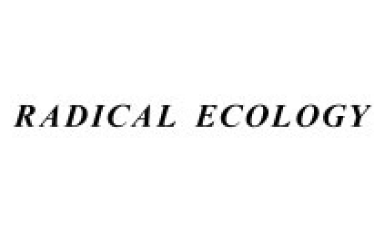
New List Item
Description goes here -

New List Item
Description goes here -

New List Item
Description goes here -

New List Item
Description goes here
Inclusive by Nature
Our work combines advocacy, education and community-building to ensure that ocean research, policy and conservation reflect the full diversity of human experience.
BLOC is a grassroots organisation dedicated to transforming who gets to participate in and benefit from ocean science. We exist to create a future where everyone has the power to contribute to the health of our oceans.
-
2023
Founded in 2023
-
9
Partnered with 9 Change makers across the UK
-
10
10 Educational & Outreach Events Launched

BLOC’s Core Values
-
Justice & Representation
Centering ethnically minoritised voices in ocean spaces
-
Inclusive Access
Breaking down barriers to education, careers and decision-making
-
Community Empowerment
Supporting young people and creating pathways into marine science
Who We Are
Meet the Team
Our team brings together scientists, advocates, creatives and campaigners united by a shared commitment to equity in ocean spaces. Backed by lived experience and professional expertise, we lead with justice at the heart of our work.
How We Create Change
Our work is focused on three key areas where representation and equity are most needed:
Storytelling & Knowledge Sharing
We highlight the overlooked stories of Black and People of Colour (B-POC) marine advocates. From pioneers like Roger Arliner Young, the first Black woman to earn a PhD in zoology, to today’s changemakers, such as Ayana Johnson Taylor and Diva Amon, these stories inspire the next generation and ensure vital contributions are never forgotten.
While many pioneers are celebrated in the United States, visible representation in the UK remains scarce, which is a gap we are working to change.
Inclusive Ocean Governance
Marine science and governance have historically excluded marginalised voices, reproducing colonial models that harm the very communities most affected by environmental destruction and climate change. We advocate for governance that reflects all perspectives, so conservation, coastal and fisheries policy truly work for everyone.
Youth & Community Engagement
We empower young minoritised people through ocean literacy, mentorship and safe spaces where they can imagine careers in marine science without feeling like they have to “fit a mould.” By building from the ground up, we help create real opportunities for the next wave of ocean leaders.
What’s Happening at BLOC
We unite communities, scientists and advocates to spark dialogue and create change.
Be Part of the Movement
Preventative systemic barriers in marine sciences won’t dismantle themselves.
Change happens when communities stand together, share knowledge and take action.
Whether you’re a student, scientist, advocate or ally, there’s a role for you in building a just future for our oceans.




